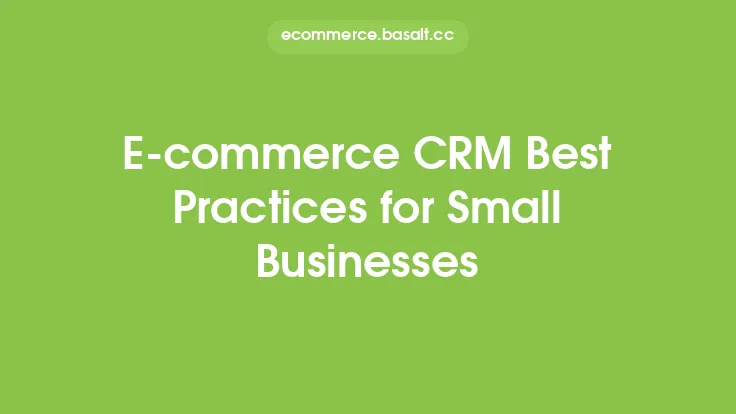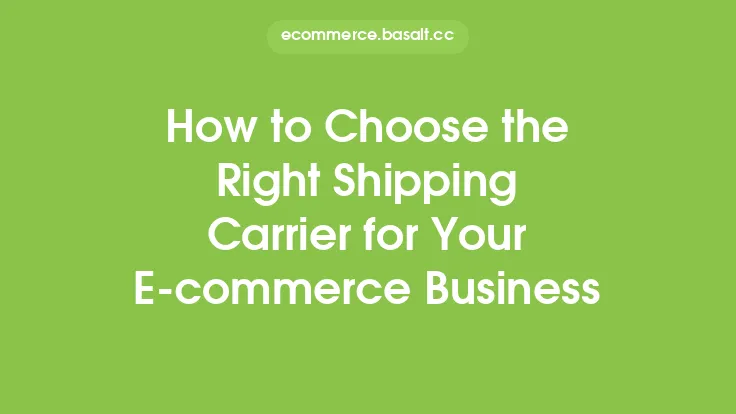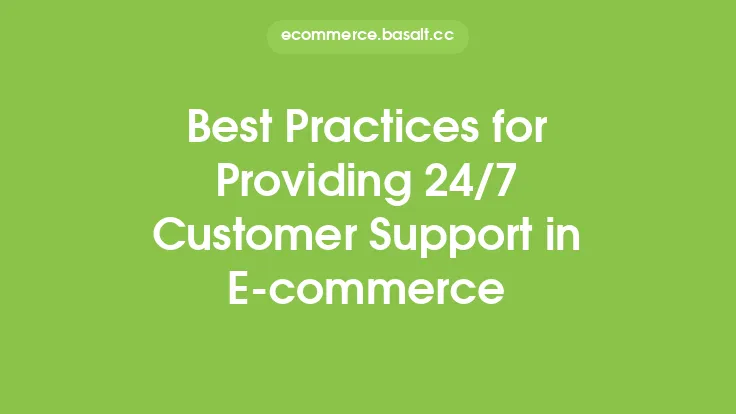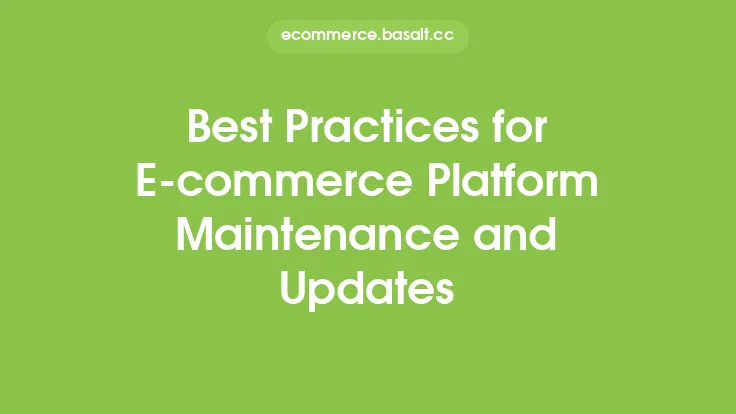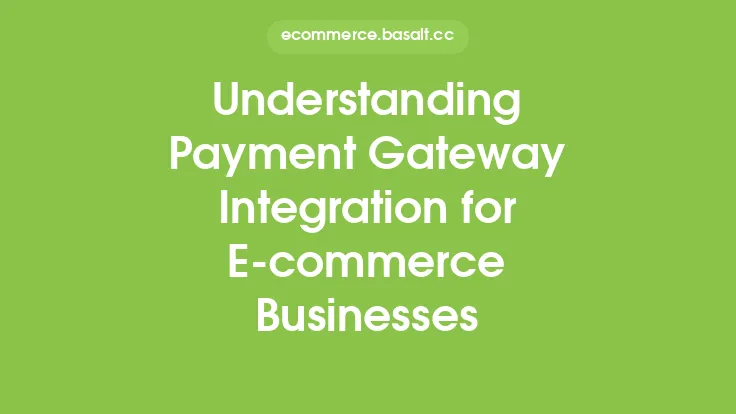When it comes to selecting an e-commerce platform, small and medium-sized businesses (SMBs) face a daunting task. With numerous options available, each with its own set of features, pricing plans, and scalability options, making an informed decision can be overwhelming. However, by considering a set of key criteria, SMBs can narrow down their options and choose a platform that meets their unique needs and goals.
Introduction to E-commerce Platforms
E-commerce platforms are software applications that enable businesses to create and manage online stores, process transactions, and interact with customers. They provide a range of features, including product management, order management, payment processing, and shipping integration. With the rise of e-commerce, the demand for robust and user-friendly platforms has increased, leading to the development of a wide range of solutions catering to different business needs.
Key Selection Criteria
When selecting an e-commerce platform, SMBs should consider the following key criteria:
- Scalability and Flexibility: The platform should be able to handle increased traffic and sales volume as the business grows. It should also be flexible enough to accommodate changing business needs and adapt to new technologies.
- Ease of Use: The platform should be user-friendly and easy to navigate, allowing business owners to manage their online store without requiring extensive technical expertise.
- Customization Options: The platform should offer a range of customization options, including templates, themes, and design elements, to enable businesses to create a unique and consistent brand identity.
- Integration with Third-Party Services: The platform should be able to integrate with third-party services, such as payment gateways, shipping providers, and social media platforms, to streamline business operations and enhance customer experience.
- Security and Reliability: The platform should provide robust security features, including encryption, firewalls, and regular backups, to protect sensitive business and customer data.
- Customer Support: The platform should offer reliable and responsive customer support, including documentation, tutorials, and support tickets, to help businesses resolve issues and optimize their online store.
Platform Types
E-commerce platforms can be broadly categorized into three types:
- Hosted Platforms: Hosted platforms, such as Shopify and BigCommerce, provide a comprehensive e-commerce solution, including hosting, security, and maintenance. They are ideal for businesses that want a hassle-free experience and are willing to pay a monthly fee.
- Self-Hosted Platforms: Self-hosted platforms, such as Magento and WooCommerce, require businesses to host and maintain their own online store. They offer more flexibility and customization options but require technical expertise and resources.
- Open-Source Platforms: Open-source platforms, such as OpenCart and PrestaShop, are free to download and use, and offer a high degree of customization and flexibility. However, they require technical expertise and resources to install, configure, and maintain.
Evaluation Process
To evaluate e-commerce platforms, SMBs should follow a structured process:
- Define Business Requirements: Identify the business's unique needs and goals, including sales volume, product range, and target audience.
- Research Platforms: Research and shortlist platforms that meet the business's requirements, considering factors such as scalability, ease of use, and customization options.
- Compare Features: Compare the features and pricing plans of shortlisted platforms, considering factors such as payment processing, shipping integration, and customer support.
- Read Reviews and Testimonials: Read reviews and testimonials from existing customers to gain insights into the platform's performance, reliability, and customer support.
- Request Demos and Trials: Request demos and trials to experience the platform firsthand and assess its usability and functionality.
Conclusion
Selecting the right e-commerce platform is a critical decision for SMBs, as it can impact their online sales, customer experience, and overall business growth. By considering key selection criteria, such as scalability, ease of use, and customization options, and following a structured evaluation process, businesses can choose a platform that meets their unique needs and goals. Whether it's a hosted, self-hosted, or open-source platform, the right e-commerce solution can help SMBs establish a strong online presence, drive sales, and stay competitive in the ever-evolving e-commerce landscape.

